As health-conscious trends and dietary preferences evolve, so does the quest for suitable alternatives to common cooking components. Among these, vegetable oil stands out as a staple in many kitchens yet increasingly finds itself under the scrutiny of chefs and home cooks seeking healthier or more environmentally sustainable options.
So what if you run out of this cooking oil or seek a healthier swap? We will share some of the best vegetable oil substitutes in the post.
The 13 Best Vegetable Oil Substitutes To Try
Extra Virgin Olive Oil
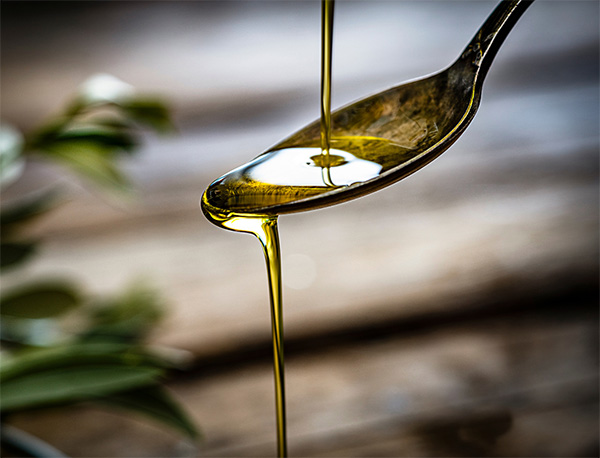
With its rich history and distinctive flavor profile, extra virgin olive oil stands out as one of the best substitutes for vegetable oil in a variety of culinary applications. Its versatility makes regular olive oil an ideal choice for arugula salad, roasted chicken shawarma, toum, and even baking recipes.
When replacing vegetable oil with olive oil, a general rule of thumb is to use a one-to-one ratio to ensure a seamless recipe transition. Unlike refined or light olive oil, extra virgin olive oil is known for its robust, fruity flavor and strong olive aroma. It has a more pronounced taste and adds a distinctive character to dishes.
Coconut Oil

Image by jcomp on Freepik
Coconut oil emerges as a standout vegetable oil substitute, offering a distinctly tropical twist to your culinary endeavors. Its versatility and unique flavor profile make it an excellent choice for both sweet and savory dishes like cookies and coconut curries.
When substituting for vegetable oil, a straightforward one-to-one ratio can be applied. This means you can use an equal amount of melted coconut oil instead of vegetable oil in your recipes. However, remember that coconut oil brings a delightful hint of coconut flavor that can enhance overall flavor, but it is not for everyone.
Unrefined coconut oil, also known as virgin coconut oil, boasts a pronounced coconut flavor and aroma and a smoke point of 350°F. In contrast, refined coconut oil offers a neutral taste and can withstand higher temperatures, boasting a smoke point of 400°F. It's worth noting that coconut oil solidifies at cooler temperatures. To facilitate accurate measurement, I recommend that you melt it in the microwave or gently warm it in the oven until it becomes a liquid consistency.
Melted Butter
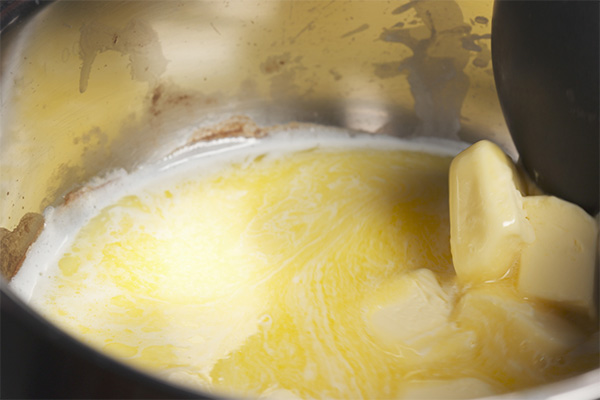
Butter, with its rich and indulgent qualities, is one of the best vegetable oil substitutes for various cooking applications. A one-to-one replacement is often suitable when considering the switch to melted butter. This means you can use equal butter instead of vegetable oil in your recipes, whether you're sautéing, baking, or simply adding a luscious touch to your dishes.
Butter's distinctive flavor is a defining characteristic. It imparts a rich, creamy, and slightly nutty taste to dishes, enhancing both sweet and savory creations. This makes it an excellent choice for recipes where the buttery essence can shine through, such as air fryer churros, brownies, or pan-fried dishes. Additionally, butter's ability to create a golden, crispy exterior in baked goods and add a delightful depth to sautéed vegetables is cherished by cooks and food enthusiasts alike.
Avocado Oil
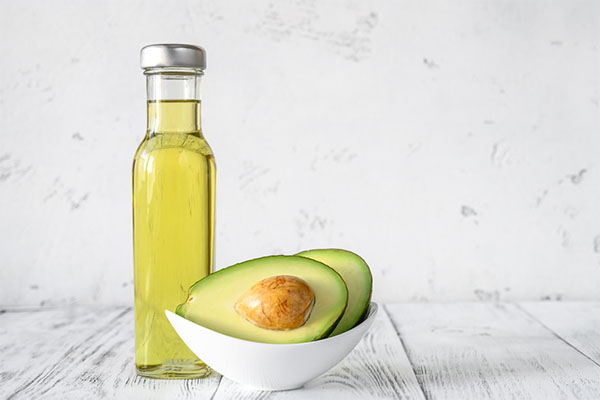
Avocado oil emerges as a top-tier vegetable oil substitute, celebrated for its health benefits and mild, buttery flavor. A straightforward one-to-one ratio can be applied when replacing vegetable oil with avocado oil, making it an easy transition in your recipes.
What sets avocado oil apart is its nutritional profile. It is rich in heart-healthy monounsaturated fats and antioxidants, making it a wise choice for those looking to enhance the nutritional value of their meals. The oil's high smoke point, which allows it to withstand high temperatures without breaking down, makes it ideal for frying, grilling, and roasting.
Unrefined avocado oil has a smooth, green hue and slightly buttery taste, adding a delightful touch to fried rice, pad Thai, and baked goods. Additionally, avocado oil's mild taste doesn't overpower the natural flavors of your ingredients, making it versatile for both sweet and savory dishes.
Applesauce
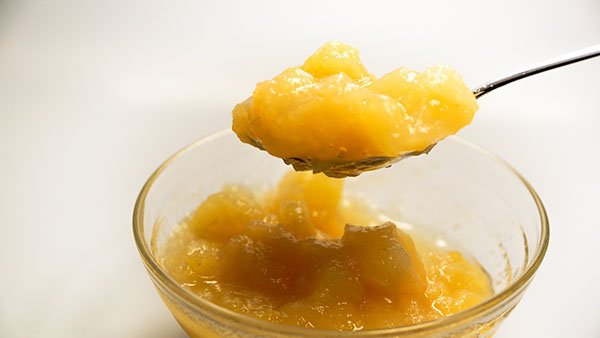
Applesauce, a kitchen hero in health-conscious cooking, takes the spotlight as an excellent vegetable oil substitute. When considering the switch from vegetable oil to applesauce, using a one-to-one ratio is common. This means you can replace vegetable oil with an equal amount of applesauce in your recipes, whether you're baking muffins, cakes, or other goodies.
The primary reason for choosing applesauce as a substitute is its ability to reduce both fat content and calories in recipes. It provides moisture and a subtle sweetness to baked goods while significantly reducing the overall fat content. This makes it particularly appealing for those seeking a lighter, more heart-healthy option in their culinary creations. Applesauce works wonders in muffins, brownies, and quick breads, where it contributes to a moist texture and adds a hint of apple flavor.
Greek Yogurt

Greek yogurt steps into the culinary scene as a commendable vegetable oil substitute, celebrated for its creamy texture and nutritional value. A one-to-one ratio is commonly used when replacing vegetable oil with Greek yogurt. This means you can substitute an equal amount of Greek yogurt for vegetable oil in your recipes, whether you're baking, sautéing, or creating salad dressings.
What sets Greek yogurt apart is its ability to add moisture and a rich, tangy flavor to dishes while reducing the overall fat content. This makes it an excellent choice for health-conscious cooks looking to maintain a creamy texture in recipes while cutting back on calories. Greek yogurt shines in baking, enhancing the moistness of cakes, muffins, and pancakes while also contributing a delightful hint of yogurt tang.
Sunflower Oil

Sunflower oil takes the stage as a versatile and heart-healthy vegetable oil substitute, prized for its neutral flavor and high smoke point. When considering the replacement, a simple one-to-one ratio is typically used. This means you can use an equal amount of sunflower oil instead of vegetable oil in your recipes, whether you're frying, roasting, or baking.
One of the standout features of this oil is its high smoke point, making it an excellent choice for high-heat cooking methods such as frying and deep-frying. It can withstand elevated temperatures without breaking down or producing unwanted flavors or compounds. Sunflower oil's neutral taste allows the natural flavors of your ingredients to shine through, making it a versatile option for both sweet and savory dishes.
Peanut Oil
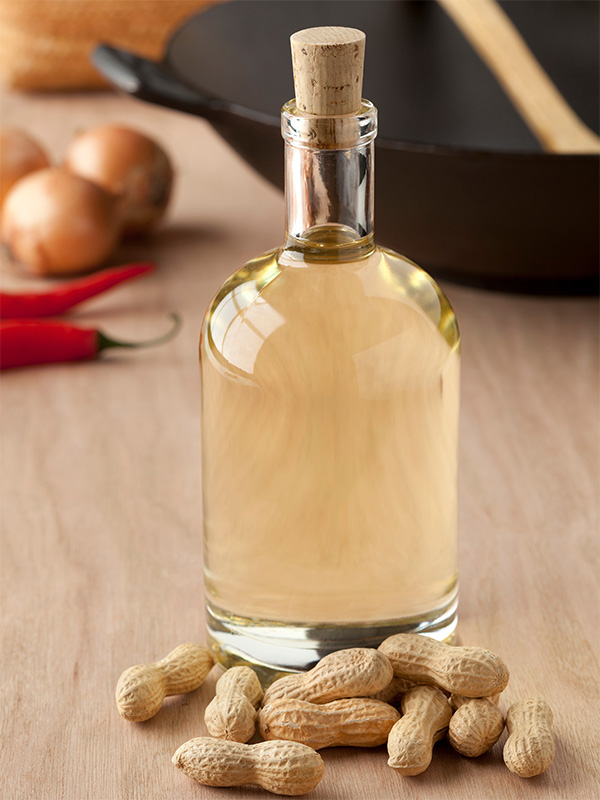
Peanut oil, known for its distinctive flavor and versatility, is a remarkable vegetable oil substitute. When replacing vegetable oil with peanut oil, a straightforward one-to-one ratio can be applied. This means you can substitute an equal amount of peanut oil for vegetable oil in your recipes, whether frying, sautéing, or stir-frying.
The key feature that sets peanut oil apart is its rich, nutty flavor, which adds a unique depth to dishes. This makes it an excellent choice for recipes where you want to infuse a delightful, roasted peanut taste. Peanut oil's high smoke point is ideal for high-heat cooking methods like deep-frying, as it can maintain stability and resist breakdown at elevated temperatures.
Sesame Oil
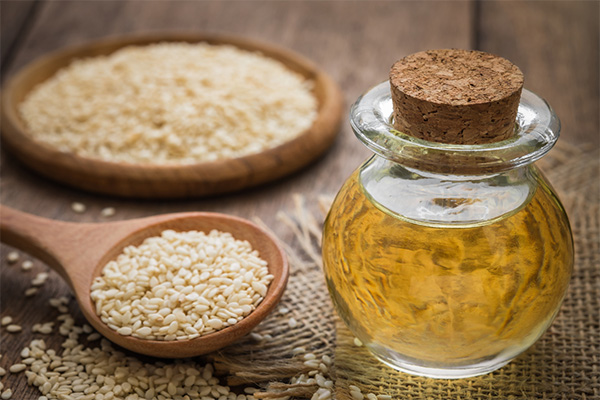
Sesame oil emerges as an intriguing and flavorful vegetable oil substitute, celebrated for its unique taste and culinary versatility. When considering the replacement, it's essential to note that the two oils have distinct flavors.
Sesame oil is renowned for its rich, nutty aroma and distinct sesame seed flavor, which add depth to various dishes. It is commonly used in Asian cuisines, where it imparts a delightful and authentic taste to stir-fries, marinades, and dressings. To use as a substitute, you can often replace a portion of the vegetable oil with sesame oil, typically 25% to 50%, depending on your preference for the sesame flavor intensity.
Flaxseed Oil
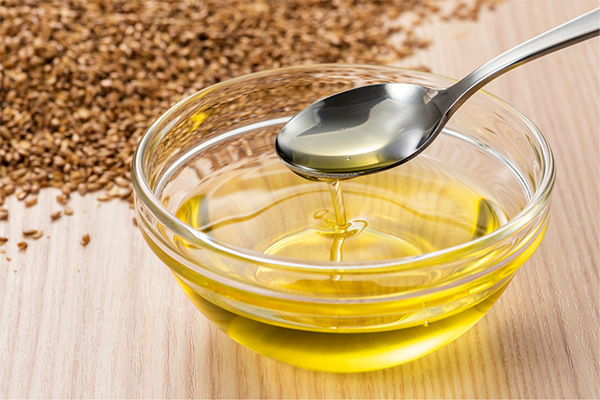
Flaxseed oil stands out as an excellent substitute for vegetable oil. It is known for its unique nutritional profile and versatility in cooking. Flaxseed oil is abundant in omega-3 fatty acids (in the form of alpha-linolenic acid), which are crucial for cardiovascular health and general well-being.
When using flaxseed oil as a substitute, consider its distinctive flavor—a mild, nutty taste that pairs wonderfully with various dishes. For a seamless substitution, use flaxseed oil as a one-to-one replacement for vegetable oil in recipes that don't involve high-temperature cooking, allowing its nutty goodness to enhance your dishes.
To effectively use flaxseed oil, it's advisable to use it in recipes that complement its flavor profile. It works exceptionally well in salad dressings and marinades and as a finishing drizzle for cooked vegetables or grains. Due to its low smoke point, flaxseed oil is unsuitable for high-heat cooking methods like frying or deep-frying.
Mashed Bananas
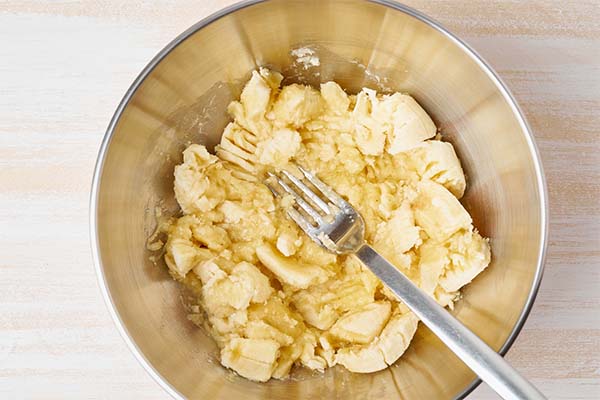
Mashed bananas are a top-notch vegetable oil substitute, particularly in baking endeavors. Their natural sweetness, moisture content, and mild banana flavor make them a versatile choice that can enhance the taste and texture of baked goods.
When using mashed banana as a substitute, it's advisable to replace vegetable oil in a one-to-one ratio. For example, if a recipe calls for 1 cup of vegetable oil, substitute it with 1 cup of mashed banana. This substitution works exceptionally well in recipes for muffins, quick bread, pancakes, and even some cakes.
Nut Oil
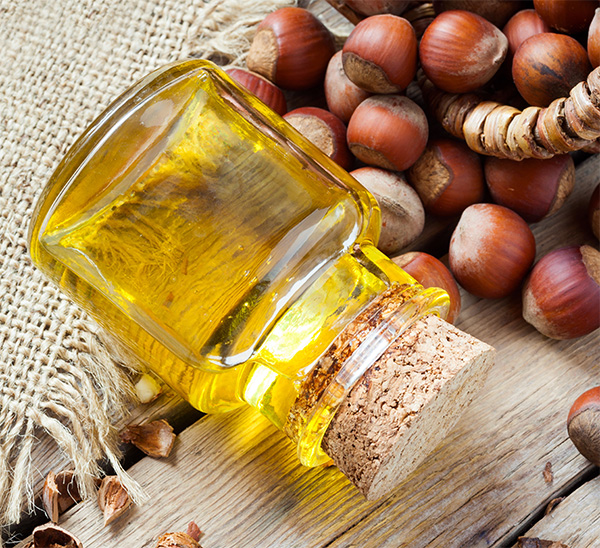
Nut oils, such as almond oil, hazelnut oil, pecan oil, and walnut oil, offer a flavorful and healthier alternative to vegetable oil. With distinctive nutty aromas and beneficial nutrients, these oils are ideal for cold dishes like salads or for adding a finishing touch to cooked dishes, enhancing flavor without overpowering.
You can use a one-to-one substitution, but they are best in applications where their unique taste can shine, like in baked goods or drizzled-over dishes. Their rich profiles in monounsaturated fats, antioxidants, and vitamins make them a heart-healthy choice, although their lower smoke points limit their use in high-temperature cooking.
Nut Butter
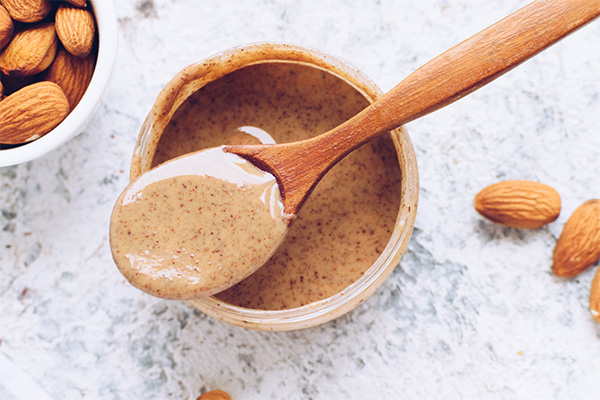
Nut butter, such as almond butter, peanut butter, or cashew butter, offers a healthful and flavorful alternative to vegetable oil in cooking and baking. When substituting nut butter for vegetable oil, use about three-quarters of the nut butter compared to the oil quantity due to its denser texture.
Nut butter is particularly effective in baked goods like muffins, brownies, and cookies, imparting a moist, rich texture and a nutty flavor. Nut butter is also packed with nutrients like protein, healthy fats, and vitamins, enhancing the nutritional profile of your dishes. Its use in cooking extends to smoothies, baked goods, sauces, and salad dressings, where it adds thickness and flavor depth. However, due to its strong taste, it's best used in recipes where the nutty flavor complements the other ingredients.
Not My Favorite
Corn oil
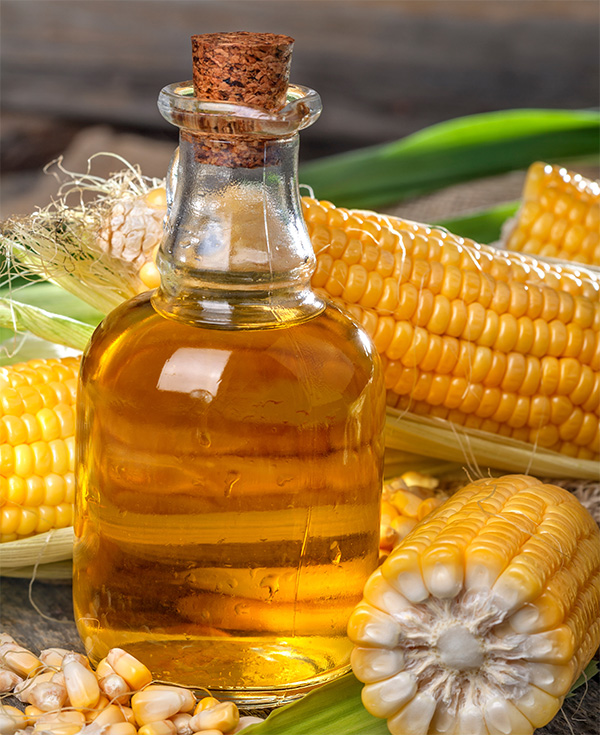
Corn oil, with its high smoke point and subtle flavor, is an excellent alternative to vegetable oil, ideal for various cooking methods such as frying, baking, and making dressings. It seamlessly fits into recipes requiring vegetable oil, used in equal measure. Concerns about the health effects of corn oil arise due to its high omega-6 fatty acid content. Consuming too much omega-6 can contribute to inflammation and elevate the risk of heart disease. While it's an efficient alternative in cooking, balancing it with oils rich in omega-3 fatty acids is advisable to maintain a healthier dietary fat ratio.
Canola oil
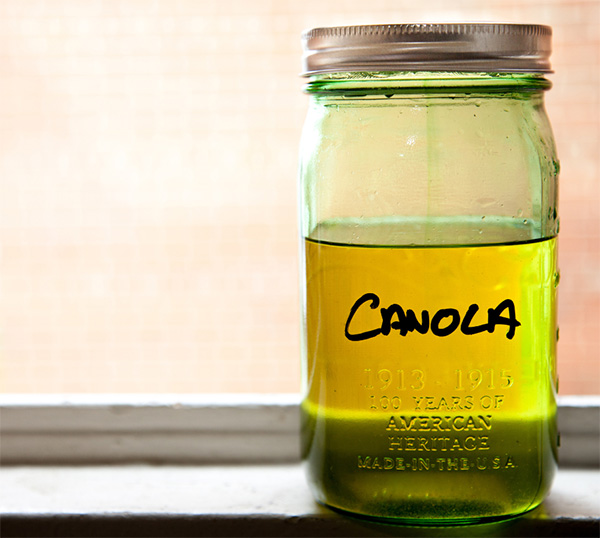
Canola oil is a popular choice as a vegetable oil substitute due to its subtle taste and high smoke point, accommodating a range of cooking methods like frying, baking, and grilling. It's easily used in the same amounts as vegetable oil in various recipes. However, canola oil is frequently criticized for its highly processed nature; it is often extracted using chemical solvents and then refined, bleached, and deodorized, which raises concerns about its health impacts.

